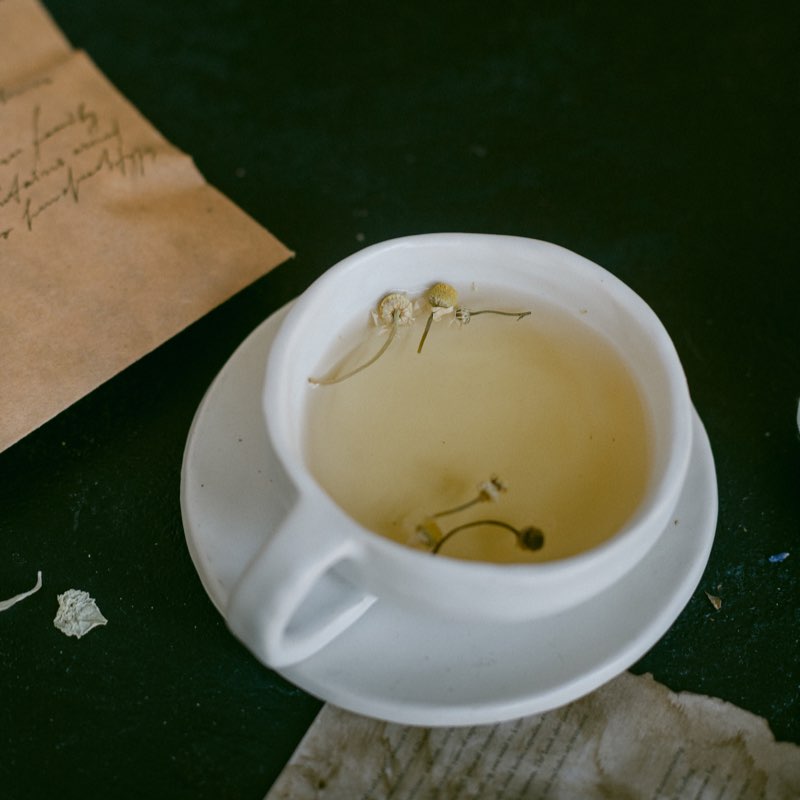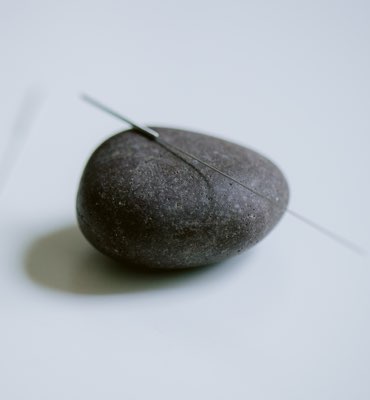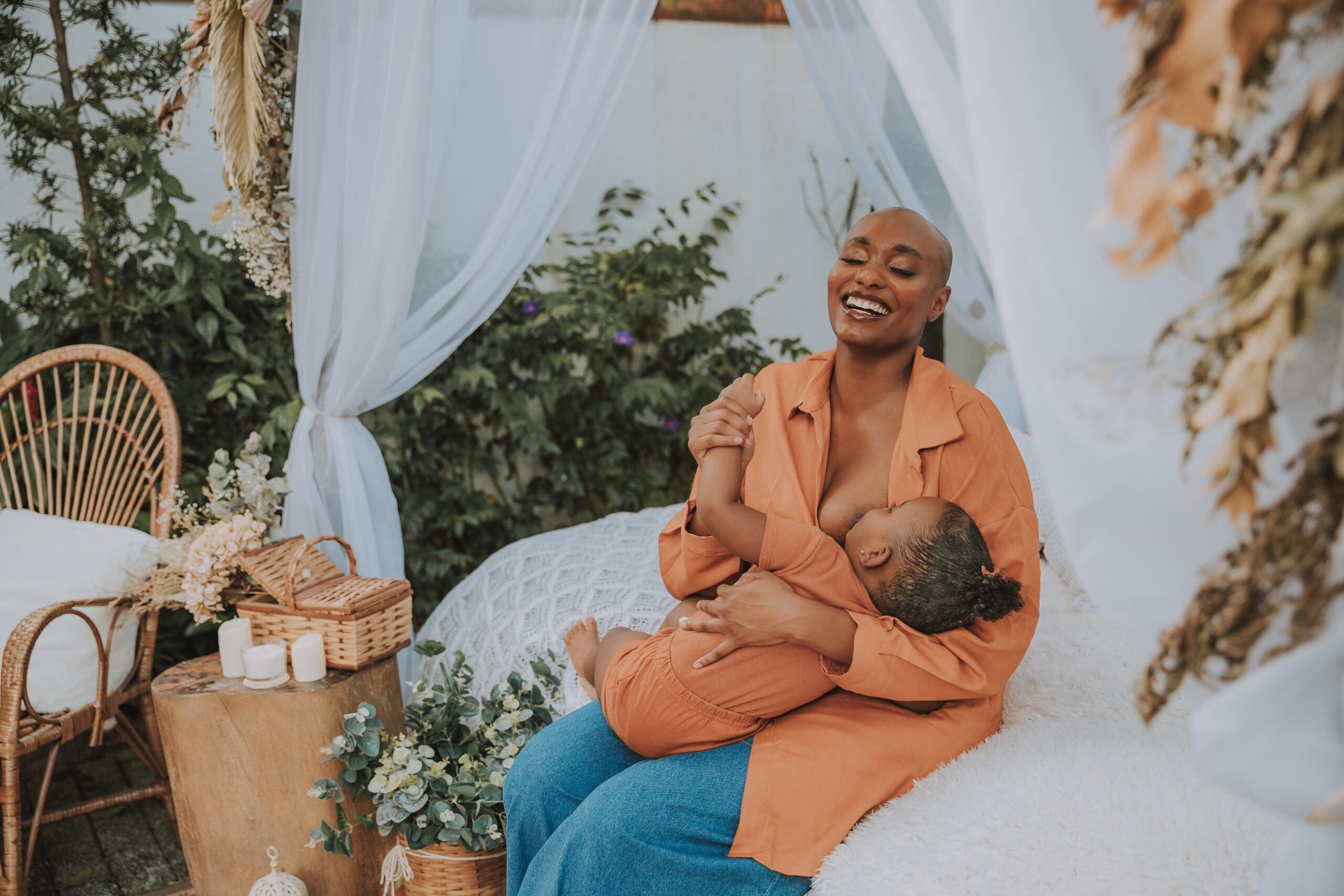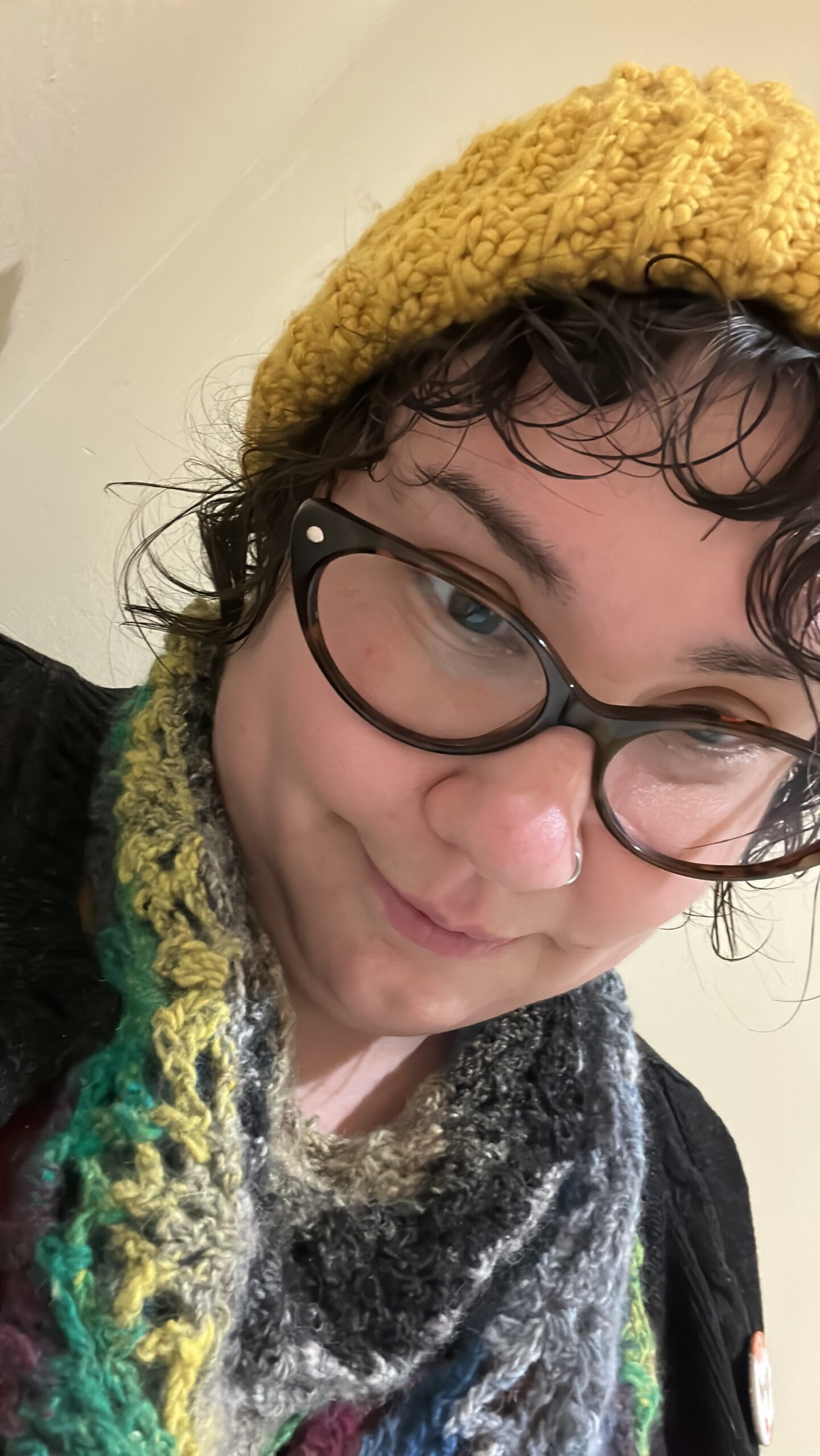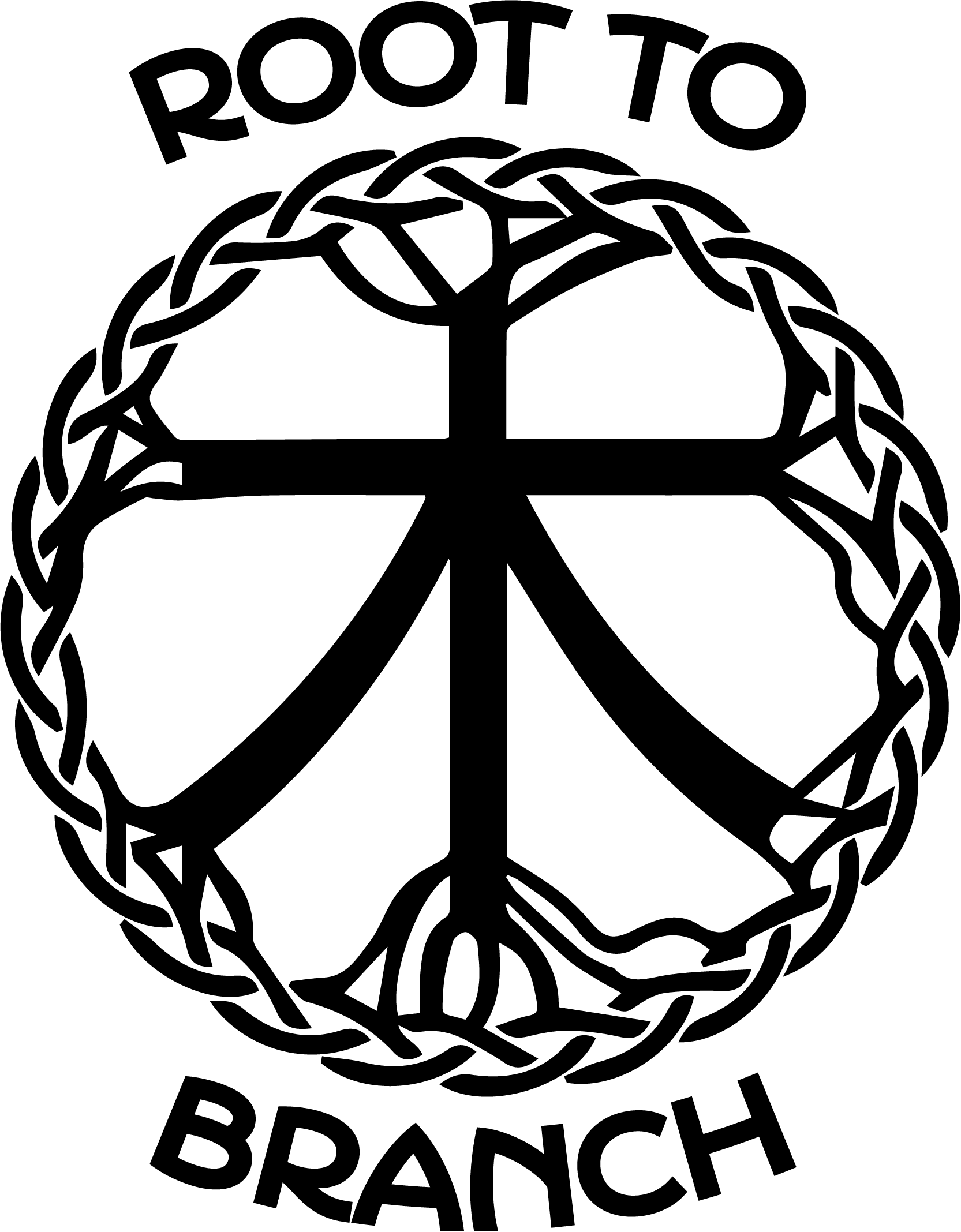
Treating the whole person – from root to branch.
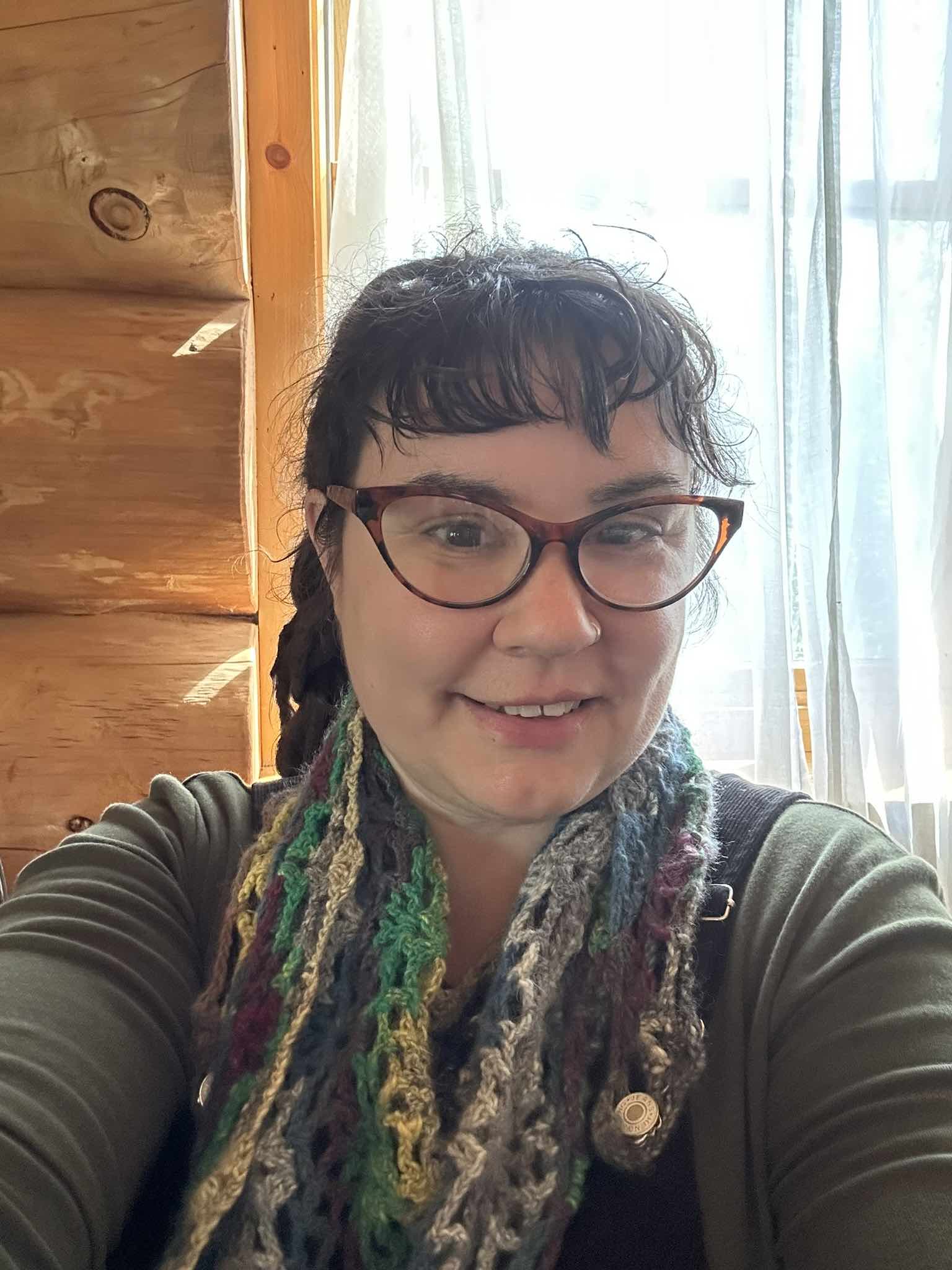
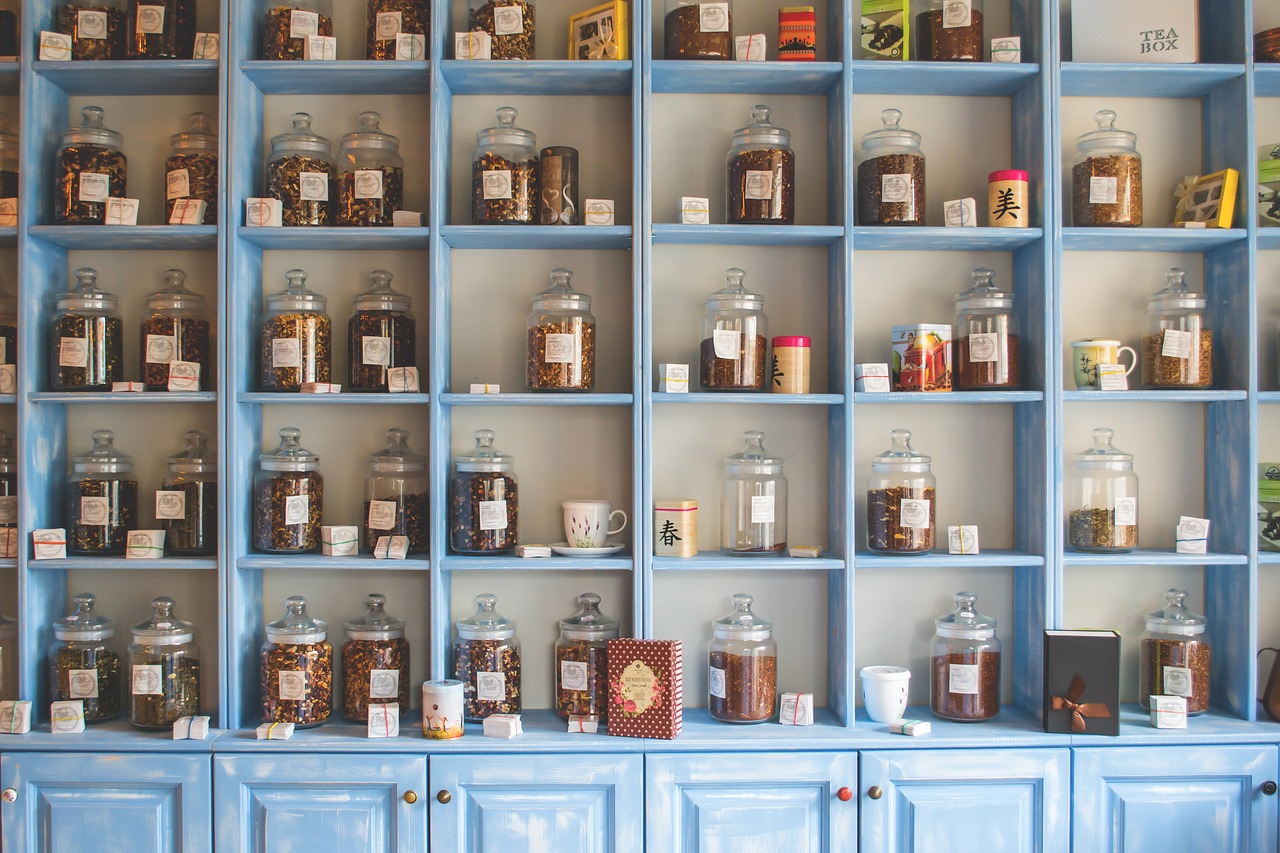
Traditional Chinese Medicine
Traditional Chinese Medicine has long a history of treating patients holistically through a variety of methodologies including acupuncture, herbal medicine, massage and more.
Lactation Counseling
Breastfeeding is not always easy, but a Certified Lactation Counselor can help.
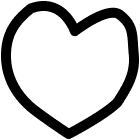
Experience
Bringing a unique blend on experience with Traditional Chinese Medicine, birth and postpartum care, and lactation counseling, we are able to help you meet your breastfeeding goals.
Care for Many Different Needs
Physical pain
Perhaps the most researched aspect of acupuncture, TCM can help alleviate physical pain throughout the body; whether acute or chronic.
Mental Health
Herbal Therapy
Community-style Treatments
Recovery from surgery
Needle Free Options
Why Root to Branch?
There is no substitute for experience and compassionate care.
Personalized Treatments
Each person is unique. Our treatments are customized to each patient’s needs and symptoms.
Communication
Health care can be overwhelming and scary, especially if you are trying something new. We focus on communicating with the patients throughout their appointments so they can understand the process and are able to fully consent to treatment.
Acceptance
We are affirming of our patient’s gender, sexuality, neurodiversity, and presentation. We do not discriminate based on race, religion, sexuality, handicap, or gender and seek to create an equitable environment so all patients can experience healing.
